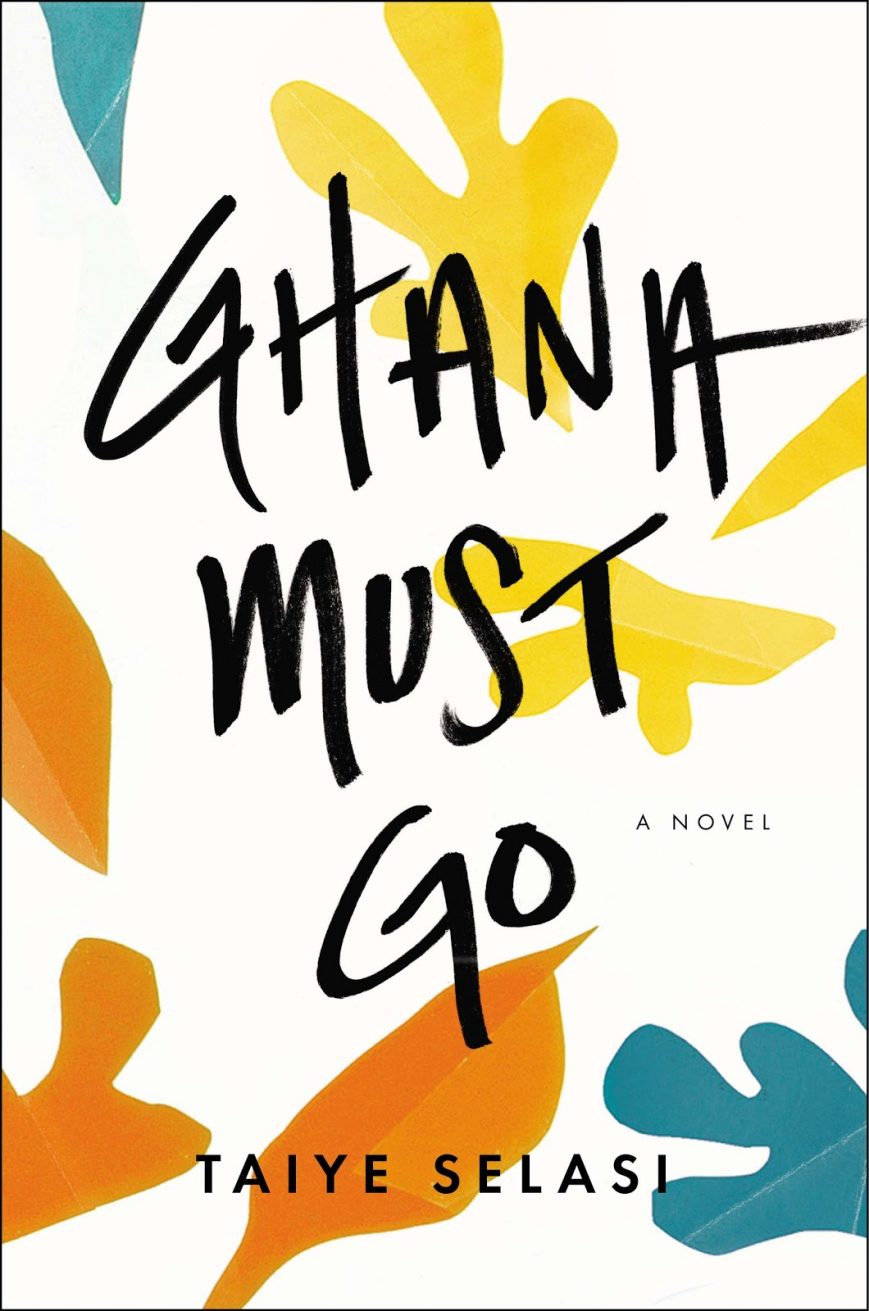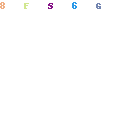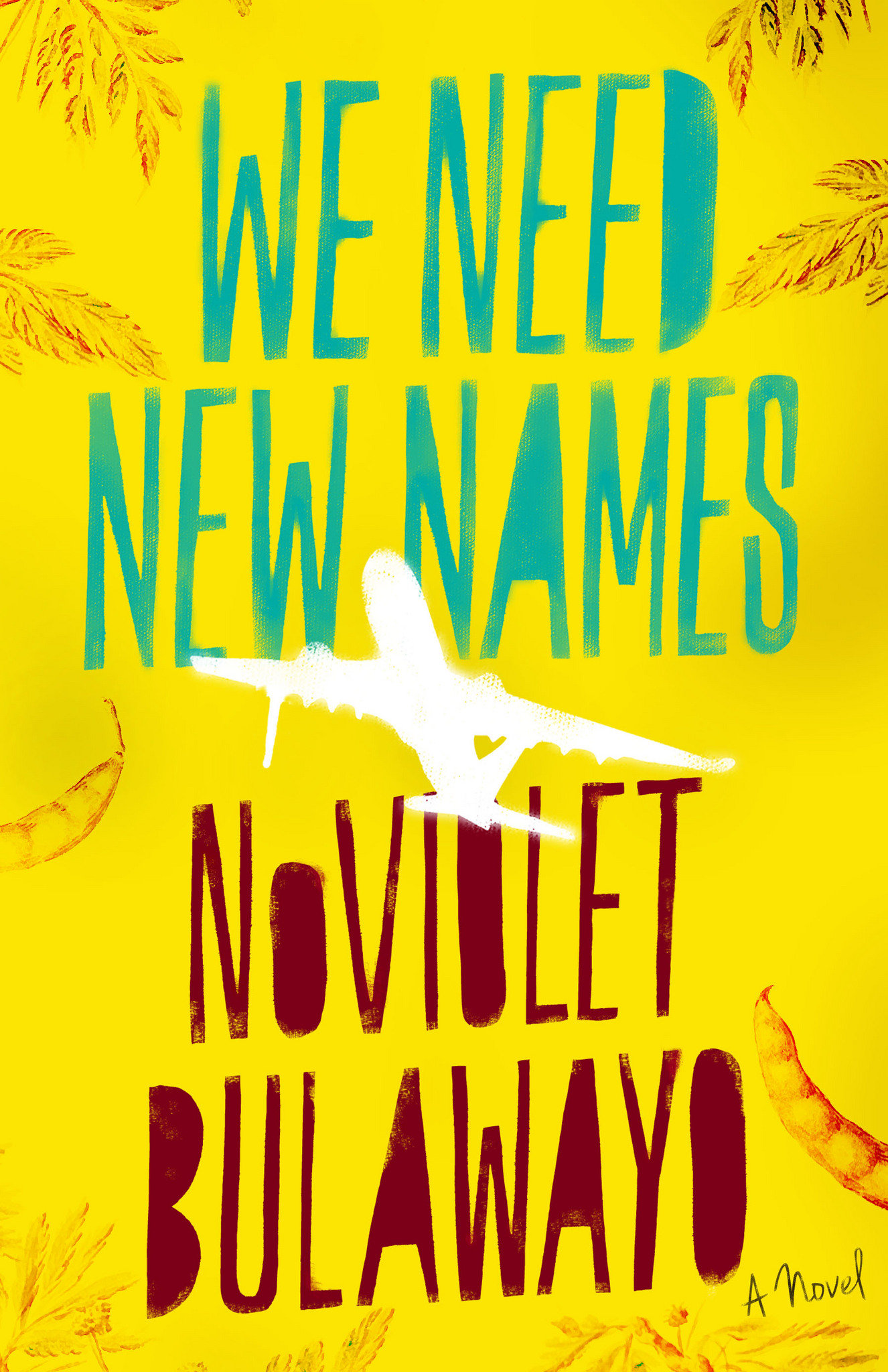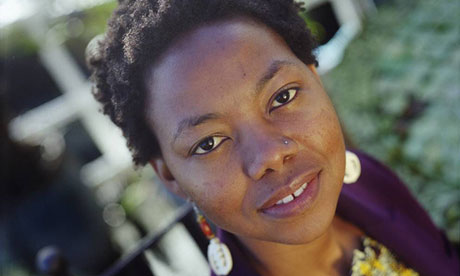The day after I finished reading Ghana Must Go by Taiye Selasi, I realised it was 5th or 6th in a row of novels by contemporary African writers that I had read that year. It led me to reflect on the state of literary fiction in Southern Africa especially, and of modern writers who live right here on the continent.
 |
| Source - Ngugi Wa Thiong'o |
Taiye Selasi is mentioned in the same company as other
distinguished African writers such as Teju Cole; Aminatta Forna; Chimamanda
Ngozi Adichie; Leila Aboulela; NoViolet Bulawayo; Chika Unigwe; Olufemi Terry; Mukoma
wa Ngugi and our very own Ellen Banda-Aaku. These are among the names that will
come up in a Google search on contemporary African writers born in the last 45
years or so. They have something else in common too. This long list of male and
female writers who were either born and raised in Africa and educated in the
‘the west’; or, born in ‘the west’ to African parents, raised back home and
then educated in their country of ‘birth’ all live and work in their adopted
countries.
I even asked Wikipedia, just to see if there was
anything there. The article admits to not being exhaustive (its Wikipedia, so
obviously it can’t be) and says it is a repository of ‘prominent and notable
writers from Africa, including poets, novelists, children's writers, essayists,
and scholars, listed by country’. Under Zambia, it lists Dr Kenneth Kaunda
(fair enough, he wrote a lot of books), Charles Mwewa, Dominic Mulaisho (who
passed away very recently), Binwell Sinyangwe and curiously, Chibamba Kanyama.
Yes, really. But no Ellen Banda-Aaku or even Dambisa Moyo. Anyway, since they
put their disclaimer up front, I can only attribute this anomaly to no one in
Dr Moyo's and Ms Banda-Aaku’s office informing them. And clearly, there is no
interested party in Zambia keen on PR for arts and culture. Looking at the
entire continent, of those writers whose year of birth was listed, I counted
less than twenty writers of note born after 1970.
 |
| Source - Chinua Achebe |
An article, published in June 2013 entitled, ‘The 10 best African writers (who aren’t Chinua Achebe)’, lists Nigeria’s Chimamanda Ngozi
Adichie as one of the best contemporary African writers. She is the only one
born after 1975. Shockingly all the writers listed were born from as far back as 1923 (Senegal’s
Ousmane Sembene), while only two writers on the list were born after 1945; Zimbabwe’s
Yvonne Vera (1964) and Chimamanda (1977).
Another article entitled, ‘10 Young African Writers You Should Know’ pointed me in the direction of some great sounding books by
African born writers. I would love to review some of the works I read about,
but how to get hold of them? Many of the writers can credit the Caine Prize for
African Writing (awarded to English language short story writers) as their
starting point. So perhaps this is the list that best points to the notable
writers of the future. Zambian Namwali Serpell appears on the site as one of
those formerly shortlisted.
A 2011 article of 50 younger African writers listed 15
out of 50 as residing in Africa. Of those, Kenya had four; South Africa five;
Nigeria three; Uganda, Togo and Mozambique one each.
 |
| Source - Nadine Gordimer, elder stateswoman of African writers |
What does this mean? Does an author need to be based
in Europe or America in order to be published and recognised on the world
stage?
The Heinemann African Writers Series (although
still in existence), doesn’t have the same impact as in the 1960s-1980s. Its decline is
definitely a contributing factor to our literary woes as this was the platform through which schools
could access African content for our education system. Granted, East and West
Africa do appear to have a longer tradition of literary penmanship, but the
woeful lack of published authors from Southern Africa especially is worrying.
If this trend continues, it reduces the likelihood of continuing our African
storytelling culture. In this modern world, stories must be written down if
they are to stand the test of time. Whether born here, raised here or living ‘there’,
we need to do more to get these books, poems, plays etc into the hands of
Africans, especially young people. Wouldn’t it be great if these celebrated
books by our celebrated African writers could be published affordably for the
African market, schools etc? But it would be even better if one didn’t have to
go away in order to be heard. Without a credible local or regionally based
publisher to promote and distribute works by African writers, our voices as
Africans risk being drowned out.
 |
| Source - Baba Wole Soyinka. One of these days I should tell the story of my encounter with Wole Soyinka in Abuja in 2005 |
.








